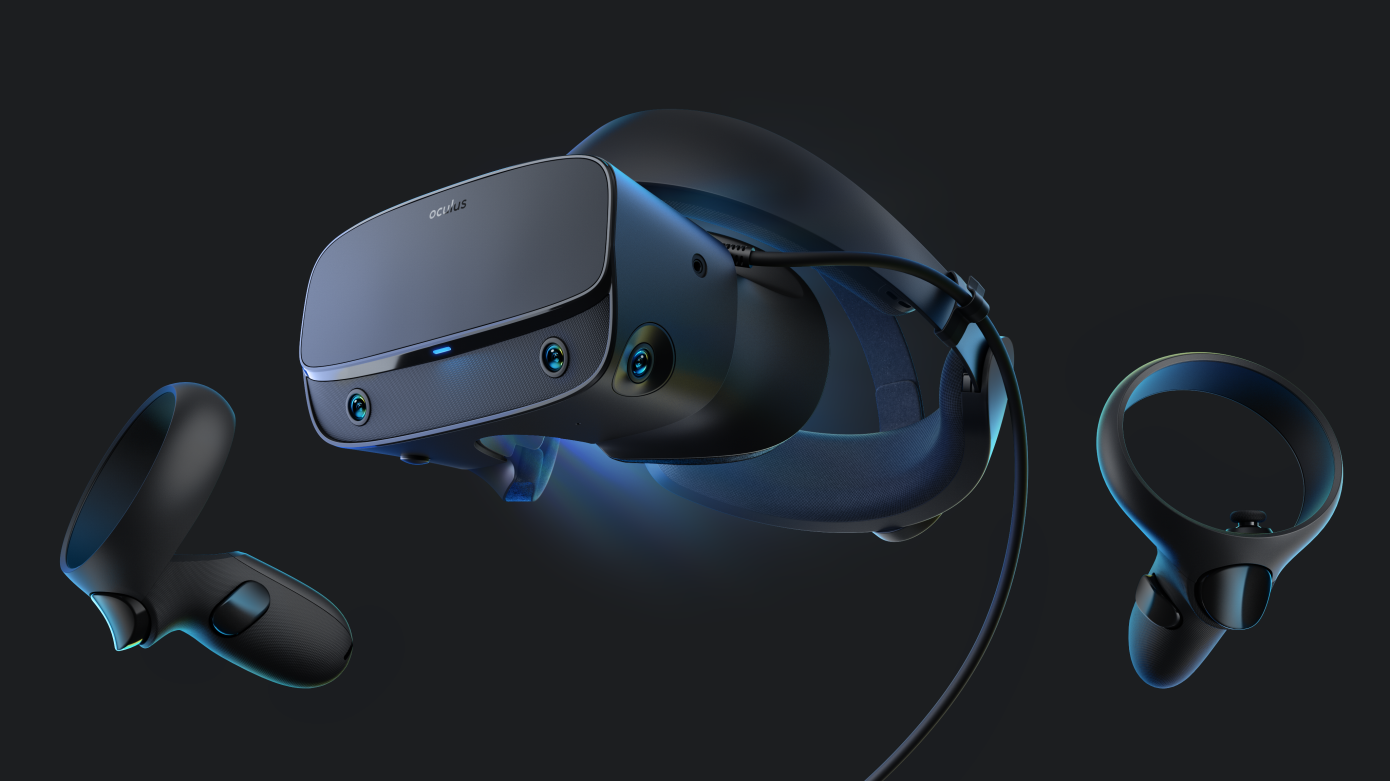Facebook is Developing an Artificial Intelligence Voice Assistant for its Portal and Oculus Products
According to an earlier report by CNBC which has since been confirmed by Facebook itself, the tech company is working on an AI-powered digital voice assistant similar to the pre-existing voice assistant services such as Google Assistant, Amazon’s Alexa and Apple’s Siri. The CNBC report quoted “sources familiar with the matter” and stated that Facebook has been working on the voice assistant project since early 2018.
The initiative is spearheaded by the tech company’s virtual reality and augmented reality group, a Facebook’s division that specializes in hardware products for the immersive technologies such as the VR headset Oculus. The team working on the project is based in Redmond, WA. Leading the effort is Ira Snyder who is the director of AR/VR at Facebook and of Facebook Assistant at the Facebook Reality Labs.

According to Snyder’s LinkedIn Page, he is the director of a product that is listed as Facebook Assistant. It is likely this is the internal name of Facebook’s AI-powered voice assistant although it is not clear whether it will also retain this as its commercial name when the product finally launches.
According to sources, the team spearheading this effort has been in touch with various vendors working in the smart speaker supply chain over the recent past.
Facebook first unveiled a vision for an AI voice assistant several years ago when it was developing an AI assistant for its Facebook Messenger platform which was known as the M personal assistant service. The M was designed to assist users with smart suggestions but never really gained traction as it over-relied on human help. Facebook killed the M project altogether in 2018.
In November 2018, Facebook also started selling its Portal video chat services which allows users to make video calls via the Facebook Messenger. The service enables users to initiate simple commands when users uttered some simple voice commands. However, the service has been integrated with Amazon’s Alexa assistant which enables it to handle more complex voice tasks.
The tech company has also dabbled in developing a robust network of bots which would layer artificial intelligence throughout its Messenger service as well as in other power automated chatting features, mobile games and news alerts. However, the Messengers bots did not take off.
The latest go at the initiative is less about the Messenger and more about creating a voice assistant for platforms that will rely on hands-free interaction via voice control and probably, gesture control. Facebook is currently striving to develop voice and artificial intelligence technologies that will be deployable across its vast and growing family of augmented and virtual reality products such as Oculus, Portal and other future products although it’s not yet clear what kinds of uses Facebook is envisioning for its voice assistant.
Rather than it being positioned to compete with others in its niche such as Siri and Google Assistant, Facebook’s voice assistant will be feature-exclusive to its fast growing line of hardware devices.
Even if it were to compete with the others, it would have to contend with face a stiff competition in a market already dominated by the more established players. In 2018, Amazon currently commanded 67% market share while Google had 30% market share in the US smart speaker market, according to data by eMarketer,
The new voice assistant product initiative along with the significant investments that Facebook has put in multiple divisions within the company highlights the tech company’s fresh approach to experimental technology. Following its acquisition of Oculus in 2013, Facebook has increasingly relied on “standalone” forward-looking divisions which have gradually taken charge of various organizational structures within Facebook. The most recent development has been the creation of two new divisions which includes a new secretive hardware division that will be focused on the Portal and other hardware projects and the Facebook Reality Labs where Facebook will be bouncing off some far-flung ideas for experimentation.
That first division is the AR/VR hardware group and it is currently responsible for building Facebook’s Portal video chatting services. It was created following the disbandment of Facebook’s DARPA-inspired Building 8 and the redistribution of its projects into these new divisions. As a result, the AR/VR hardware group also handles the remnants of the Building 8, a secretive hardware outfit which was previously run by a former DARPA director and Google employee Regina Dugan. She left the company two years ago.
The second division from the split is the now famous Facebook Reality Labs which is now being run by the game programmer and technical writer Michael Abrash. Abrash joined Facebook via Oculus and is currently the chief scientist at the Facebook Reality Labs.
It appears as if Facebook’s artificial intelligence powered voice assistant is being developed by both teams. Snyder seems to be in the mix in both divisions. No matter its intended use, the initiative is a demonstration of Facebook’s vision of using its constellation of hardware devices as conduits for a future where artificial intelligence technologies will be layered all over Facebook-owned platforms.
https://virtualrealitytimes.com/2019/04/18/facebook-is-developing-an-artificial-intelligence-voice-assistant-for-its-portal-and-oculus-products/https://virtualrealitytimes.com/wp-content/uploads/2018/10/Oculus-Rift-600x337.jpghttps://virtualrealitytimes.com/wp-content/uploads/2018/10/Oculus-Rift-150x90.jpgAudioInventionsTechnologyAccording to an earlier report by CNBC which has since been confirmed by Facebook itself, the tech company is working on an AI-powered digital voice assistant similar to the pre-existing voice assistant services such as Google Assistant, Amazon’s Alexa and Apple’s Siri. The CNBC report quoted “sources familiar with...Sam OchanjiSam Ochanji[email protected]SubscriberVirtual Reality Times - Metaverse & VR
